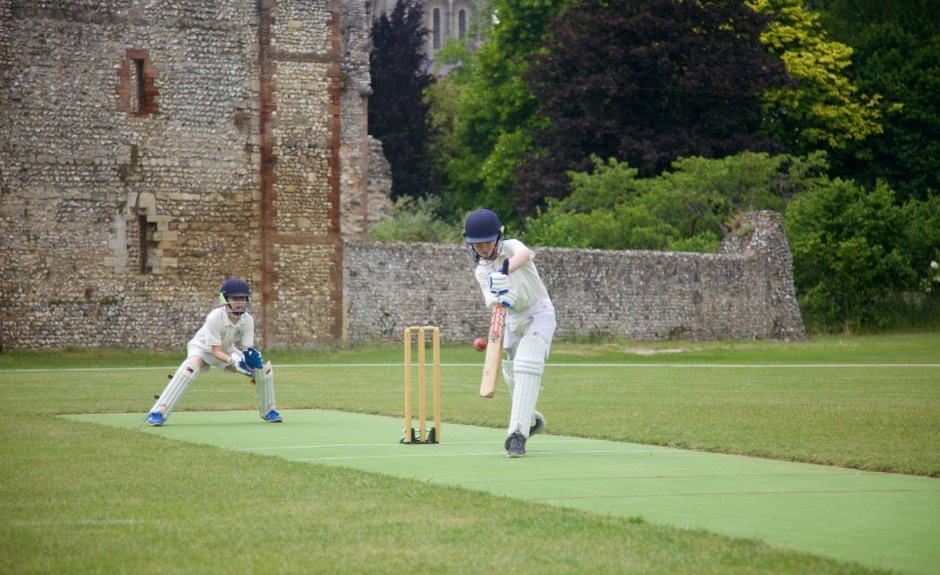What does leadership look like?

There was a fantastic hour last Saturday morning that chimed with so many things that I have become a huge advocate of in the last decade or so of my career. In the most recent of our Wellbeing Matters sessions, Mark Herbert (an ex independent school teacher, pastor, and now co-founder of ‘Salt and Light’ leadership coaching) came to talk to parents about developing leadership in our pupils.
The question of what ‘leadership’ looks like to different people is a fascinating one. It’s a truism that the vast majority of people only start to engage with the concept of leadership – its principles, qualities and manifestations – really means to them when they’re in ‘the adult world’ and business. Or even more likely, when they themselves may rise to a position requiring leadership and then realise they want to understand a great deal more about it in order to undertake it. Mark offered a charming reflection of this phenomenon of only engaging with leadership when you’re faced with it written by poet Roger McGough. Albeit, his poem is about a playground situation, I think many adults could smile at recognising many a grown-up doing exactly this:
I wanna be the leader
I wanna be the leader
Can I be the leader?
Can I? I can?
Promise? Promise?
Yippee I'm the leader
I'm the leader
OK what shall we do?
I couldn’t agree more with Mark that the fact most formal leadership development usually starts in adulthood is a travesty. I wonder how much of the adult leadership industry would be necessary if leadership was explicitly focused upon more in schools? A decent amount, for sure, but surely we can and should be doing a great deal of this with our children? Developing an understanding of the different forms and common goals of leadership at a younger age helps break down misconceptions of what a ‘good’ or ‘strong’ leader looks like and recognises the value all can bring to a situation requiring a range of insights and viewpoints. And of course this needs to involve practical opportunities and engagement at lots of ‘micro touchpoints’ – or ‘ant moments’, as Mark called them.
A further salutary reflection I had during Mark’s talk was that the moment one starts parenthood, one becomes a leader. Like leadership, although parenthood feels like it ought to exist instinctively within our character make-up – we ought to just ‘know’ how to do it – the truth is that the best version exists once we consciously engage. How do we build that confidence? How do we help create a family culture where key values are central and members inherently start to live by them? How do we grow the ability for children to eventually operate independently and successfully, with only a light-touch steer required by the time they leave us?
All of these questions only serve to emphasise the common ground and common ambition between parents and staff as we work together to raise and shepherd our wonderful boys towards their full potential. Long may that partnership strengthen and thrive!
Tim Butcher
Headmaster








